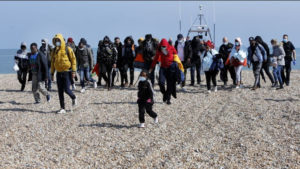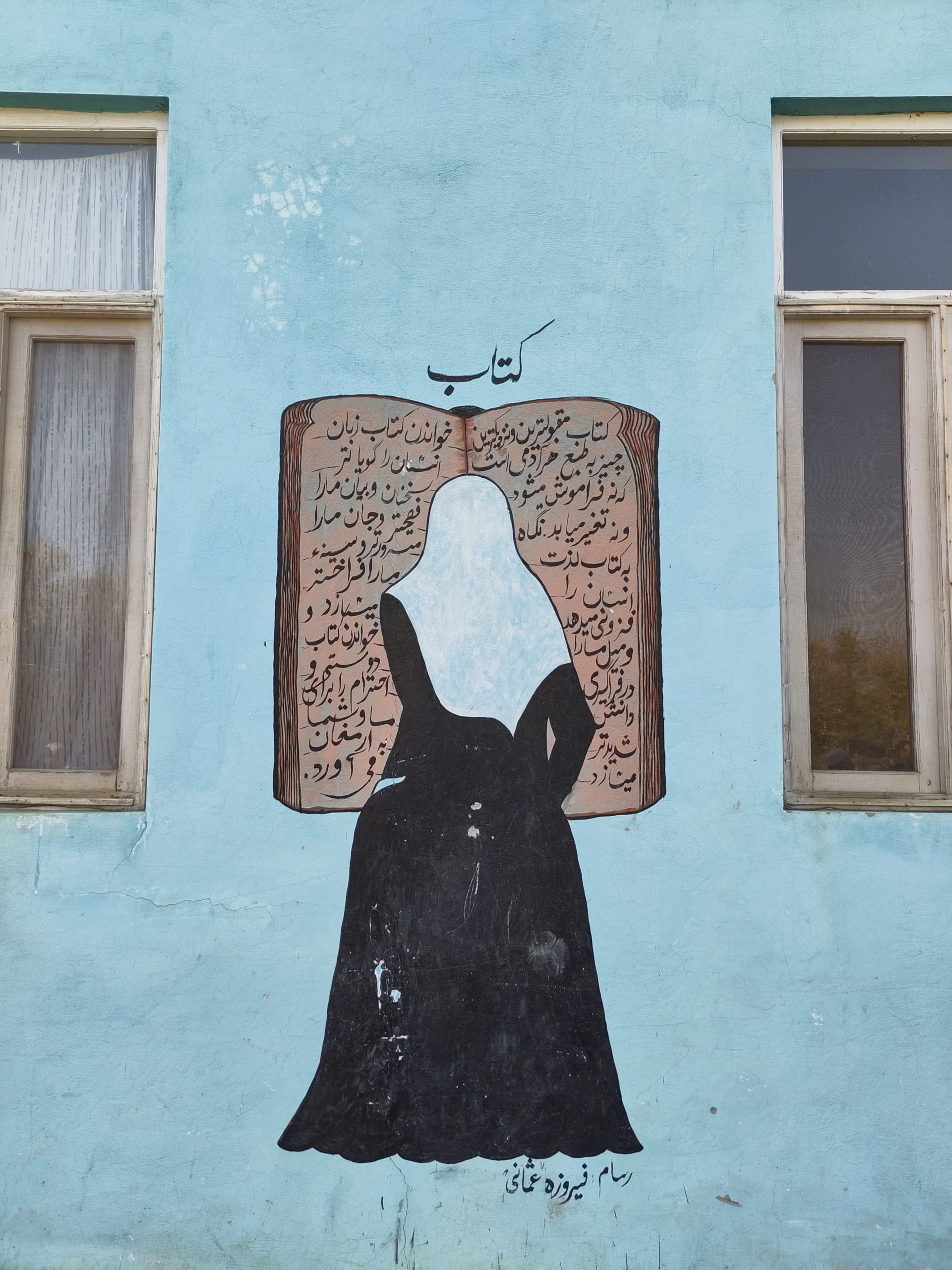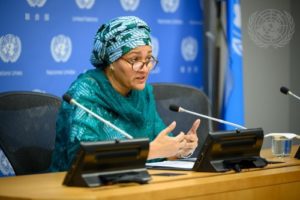As we enter the third decade of the third millennium tumultuous change – political, technological, economic, social and cultural – is re-shaping our world. Change, for many, means more opportunities and advantageous living conditions than before including better health, improved access to education, information technology and devices as well as more social mobility than prior generations. Change, however, also means that some 2 billion of our fellow human beings live in situations of armed conflict and tenuous fragility that, together with the implications of the deepening climate crisis, compel growing numbers of people to flee their homes. As set out in the World Migration Report 2020, the processes of globalisation have generated a period of considerable uncertainty. This is driving political upheaval, polarisation and the efforts of citizens to get their voices heard in cities from Beirut to Baghdad, from Khartoum to Hong Kong, and in countries as diverse as Algeria, Britain, Chile, France, India, Malta and Venezuela, to name but a few.
Protracted armed conflict is, increasingly, the norm for millions as is the accompanying reality of lengthy displacement. Afghanistan entered its fifth decade of warfare a few weeks ago as millions of its citizens remain up-rooted within the country or in Pakistan, Iran, as well as Europe and further afield. People in the Central African Republic, Democratic Republic of the Congo (DRC), Yemen, Syria, Myanmar, Palestine and elsewhere see no end in sight to their suffering. On Europe’s doorstep, the crisis in Libya festers with a toxic mix of militarism by local groups and external actors as well as slave-like detention centres, desperate attempts to escape and a rising toll of deaths by drowning in the Mediterranean – the world’s most insuperable “wall” guarded by the EU-funded Libyan Coast Guard.
The so-called international community seems to be asleep at the wheel: unable, unwilling and not concerned enough to stop the killing and mayhem that destroys lives, livelihoods and the social fabric of communities struggling to survive. In Europe, the Greek islands of the Aegean are testimony to the neglect shown by the European Union which has proved itself unable to handle a small number of people in need of refuge compared to the millions hosted by poorer regions of the world. Originally designed for 3,000 people, some 19,000 asylum seekers are currently packed into Moria camp. Jean Ziegler, Swiss academic and former UN Special Rapporteur on the right to food recently described the camps in the Aegean islands as scandalous “concentration camps” and the “shame of Europe”; he called, rightly, for an “insurrection of conscience”.
Earlier this month, the world celebrated the 75th anniversary of the liberation of Auschwitz and will soon honour the 75th birthday of the United Nations – events that were predicated on the assumption of “never again”. The call of the UN charter – “we the peoples” – rings hollow when the horrors of war continue unabated. Isn’t it time for us to reflect as citizens and civil society organisations, not to mention governments and international institutions, on our collective human and moral failure to stop the most egregious of crimes against fellow human beings? The world is finally coming to grips with the realisation that climate change puts our survival as a species at risk. We need a similar wake-up call on the inhumanity of contemporary warfare. Inhumanity rebellion and Extinction Rebellion must go hand in hand.
It is in this context that the IEC recently agreed on UAI’s Action Plan for 2020, as follows:
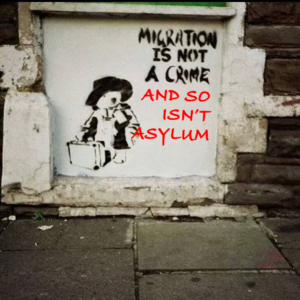 |
Asylum criminalisation |  |
Fundraising & budget |
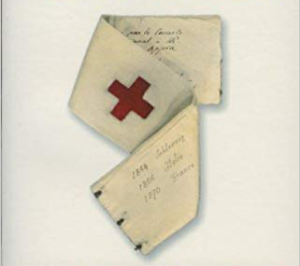 |
Common Article 1 (CA1) | 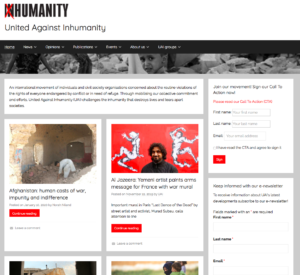 |
Building awareness and exposure |
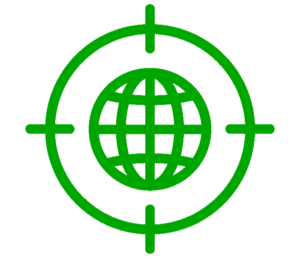 |
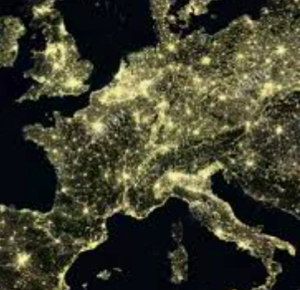 |
News from our networks | |
 |
Annual General Assembly |  |
Forthcoming events |
